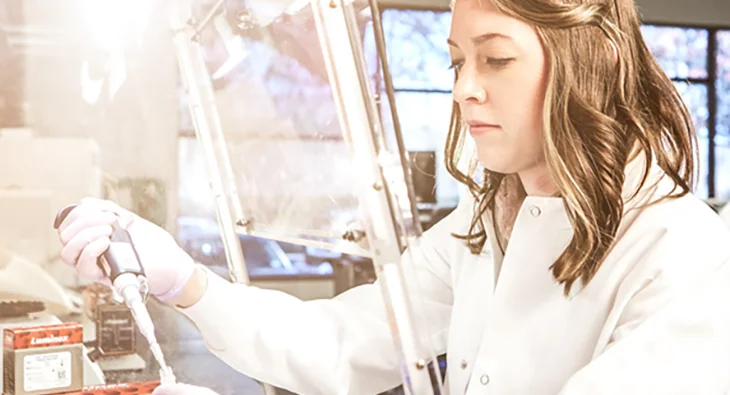METHODS Special Issue: Multiplexing for Personalized Oncology
Assays quantify RNA expression even in challenging samples
Multiplex molecular assays have several important roles in the realm of personalized cancer medicine. A team of researchers at the University of Malta recently published a paper, titled “Bead-based RNA multiplex panels for biomarker detection in oncology samples,” in the Methods journal that offers an overview of those roles, showing that multiplex assays based on xMAP® Technology can be used to quantify RNA expression, even from formalin-fixed, paraffin-embedded (FFPE) tissues.
The research team chose to focus on bead-based assays due to certain advantages over other RNA analysis methods. “Despite providing a wealth of data, which may be scaled up to the whole transcriptome for discovery purposes, microarrays and RNA-Seq may be too laborious and expensive for routine diagnostic use,” the authors write, noting that these techniques often struggle with the degraded RNA in challenging samples, such as FFPE blocks. The ideal solution would be robust, cost-effective, and high-throughput. “Multiplex microsphere-based assays fulfill these criteria and can be utilized by clinical laboratories to stratify [tumors] based on biomarker panels derived from research studies,” they add.
Better sensitivity with multiplexing
Looking specifically at the QuantiGene™ Plex Assay from Thermo Fisher which allows customization to quantify expression of as many as 80 genes, the scientists report that large validation studies have established the accuracy and precision of a multiplex approach. Compared to RT-PCR, the multiplex assay had better sensitivity, linearity, precision, and relative accuracy. It was also more sensitive for genes with low expression compared to a number of array-based methods.
The authors note that multiplex assays work well with stained and unstained tissue sections, so they can even be used after traditional histological analysis has been conducted. Further, the assays have been successful for liquid biopsy analyses, detecting circulating tumor cells that can provide valuable insight for patient monitoring. Thanks to the large number of genes that can be assayed at once, this method can help characterize the heterogeneity of a tumor as well.
“High sensitivity and specificity, together with multiplexing ability, make bead-based RNA assays highly useful for biomarker detection in oncology samples,” the scientists write. “We suggest that this method is a preferable option for multiplexing expression analysis of up to 80 genes, especially when using highly degraded specimens or low sample concentrations.”
Resources
- Advances in Bead-Based Biomarker Detection [Methods xMAP Issue]
- Getting Started with xMAP® Technology [Video]
- xMAP® Cookbook to Design Your Own Assays [Download]
- Browse 1,200+ Partner Kits with xMAP® Kit Finder [Online Tool]


